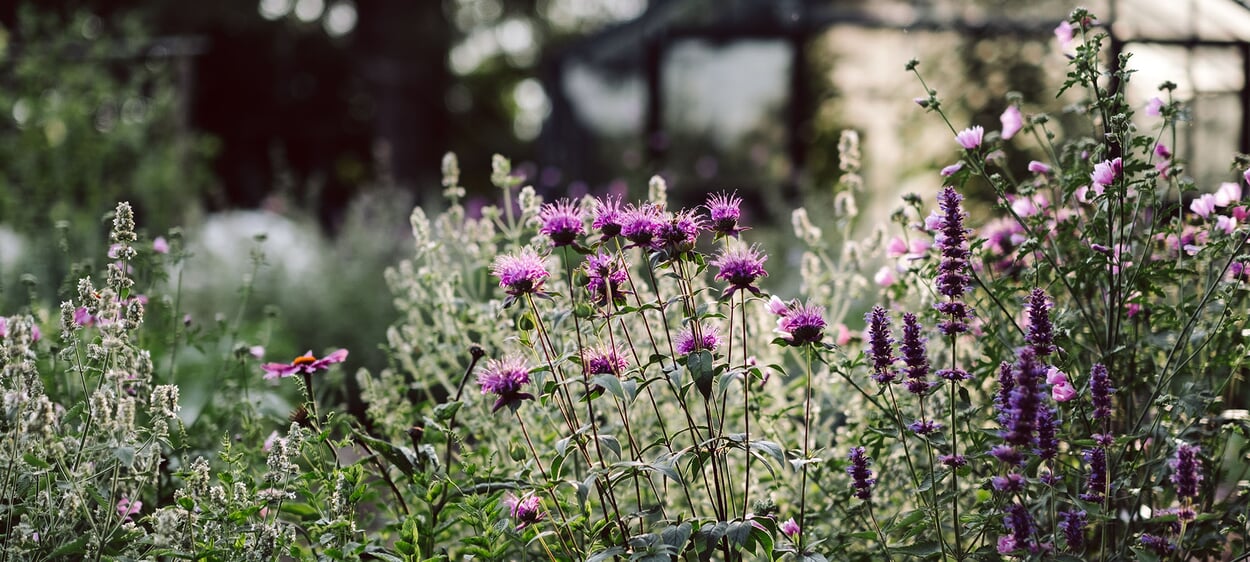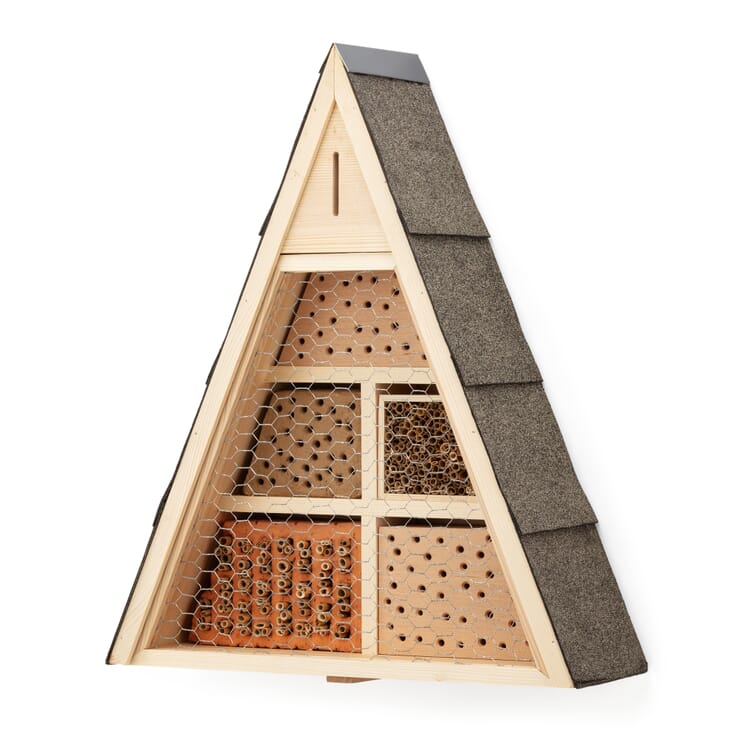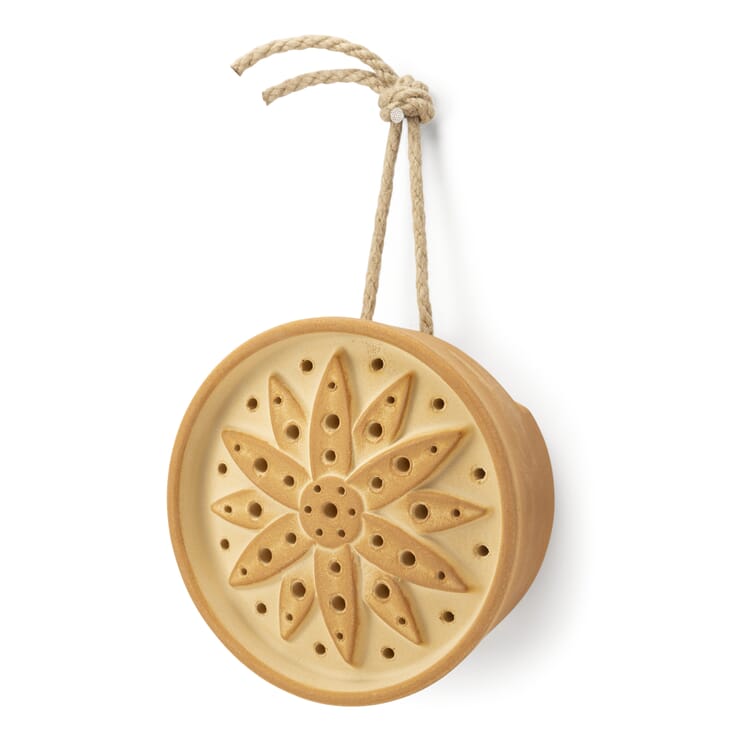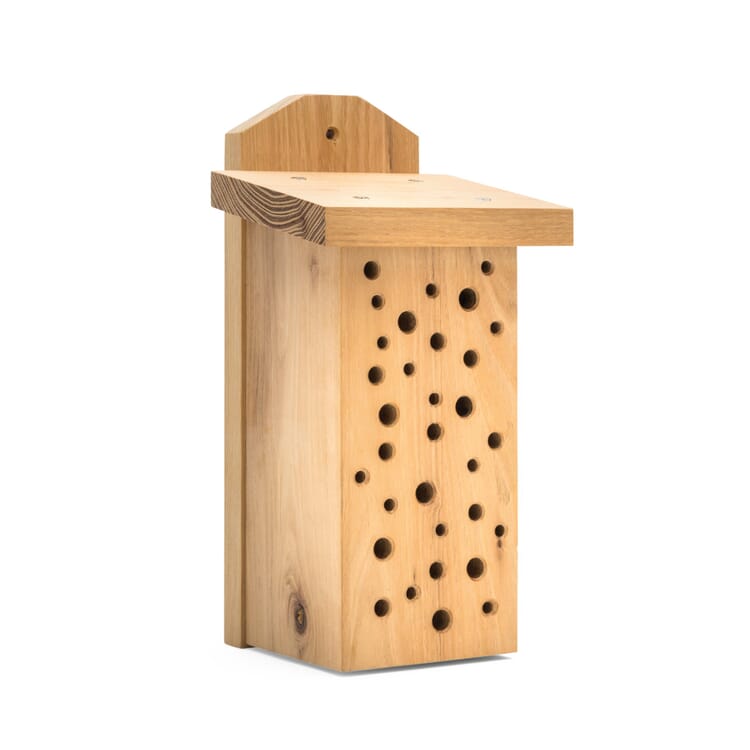Bee friendly garden
In total, there are about 570 wild relatives of the common honey bee in Germany. Wild bees, which incidentally also include the bumblebee, are of immense importance for agriculture and horticulture. This is because they work much more effectively as pollinators than those usually thought of as "busy little bees". Tomato plants, for example, are pollinated exclusively by wild bees. In Germany alone, however, half of the wild bees are already on the red list of endangered species. With little effort, every gardener can make an effective contribution to the protection and preservation of the furry insects. This includes, above all, planting bee pasture plants that are suitable for the location and provide varied food throughout the season. Where there is a lack of natural shelter, nesting aids should be set up to provide space for rearing offspring and protection from frost and rain. Avoiding chemicals in the garden can also support the regeneration of bees. In our range you will find numerous products for active bee protection - in the sense of necessary immediate measures.
Suitable nesting aids
The importance of bees to the human food economy is immense: the vast majority of fruits, vegetables and animal feeds are produced only because someone is doing the pollinating. In Asia, humans are increasingly being used for this purpose; the success of these efforts is limited. In most parts of the world, it is still the honeybee that is responsible for this, which is why bee mortality, which is still only partially understood, poses a particular threat to our food supply. Various reasons have been put forward for the mass death of the animals. Parasites such as the Varroa mite and the newly discovered fly species Apocephalus borealis, which lays its eggs directly in the bees, play a major role. Both can transmit viruses and fungal diseases. Infested animals lose their orientation and can no longer find their way back to the hive.







